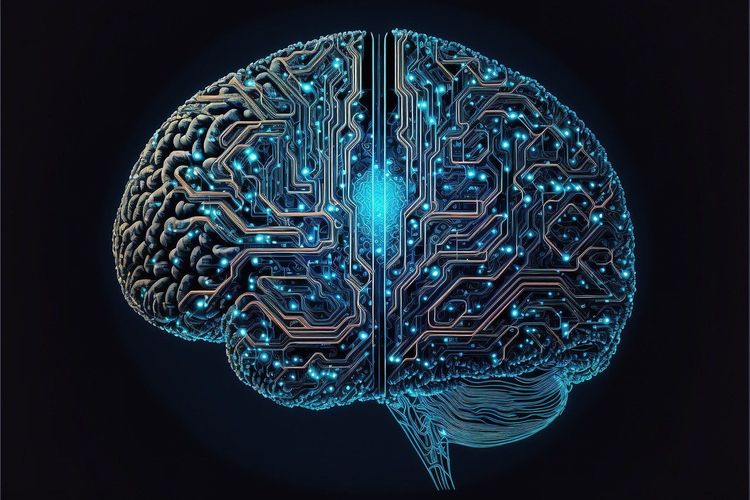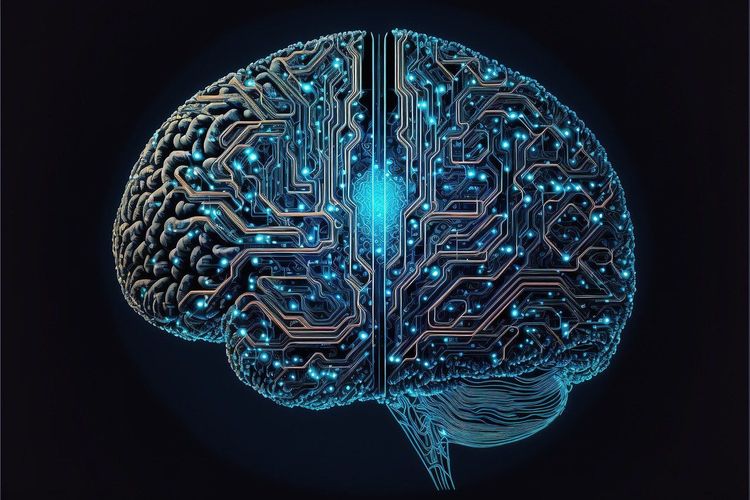Elon Musk has initiated a lawsuit against OpenAI, alleging a breach of contract that undermines its foundational commitment as a nonprofit organization. Musk, who played a pivotal role in funding and nurturing OpenAI’s inception, claims he has been effectively defrauded by the organization’s shift to a for-profit model, which now includes a substantial investment from Microsoft, granting the tech giant a 49% stake worth at least $10 billion.
In a striking 46-page complaint, Musk identifies OpenAI's CEO Sam Altman and President Greg Brockman as defendants. His lawsuit, framed as a defense of “humanity” rather than solely a personal grievance, aims to challenge OpenAI’s direction since it must demonstrate to the court that he has suffered financial harm to proceed.
This lawsuit underscores the exclusive sphere of elite tech figures, who possess the resources to challenge significant theoretical issues with broad implications for humanity. Musk’s resolve to counter the rush toward developing artificial general intelligence (AGI) reflects his deep-seated apprehensions. He worries that the advent of AGI could render human labor obsolete, posing risks that might threaten societal structures for the sake of efficiency. The strain from these concerns has reportedly caused Musk severe mental stress, adding urgency to his legal action.
Previously, Musk's entrepreneurial ventures—Tesla and SpaceX—sought to mitigate existential threats, whether they be climate change or the establishment of a human presence on Mars. His current lawsuit, filed in a California state court, demands OpenAI to publicly share its AI models and cease technologies that benefit Microsoft and other corporate entities. Furthermore, Musk is urging the court to recognize GPT-4 and another model, Q* (Q star), as forms of AGI, thus asserting they should operate independently of Microsoft’s influence. He is also seeking monetary damages, intending to donate any awarded amount to charity.
Musk's fears regarding AGI were initially fueled by conversations with Demis Hassabis, CEO of Google DeepMind. During a 2012 meeting, Hassabis highlighted the potential dangers posed by advanced AI technologies, prompting Musk’s decision to collaborate with Altman in forming OpenAI as a nonprofit dedicated to creating AI for the benefit of society rather than shareholder profits.
However, Musk now contends that OpenAI has strayed from its original mission, especially after a shift in board leadership that appeared to better align with commercial interests. This board, required to assess whether OpenAI's technology has achieved AGI, was reshuffled following Altman’s abrupt firing and swift reinstatement amidst external pressures from investors and Microsoft.
Musk alleges that the newly structured board is unlikely to declare that OpenAI has achieved AGI, which would restrict Microsoft’s access to such technology. He claims that this dynamic could enable Microsoft to monopolize significant advancements in AI, blocking public access while reaping commercial rewards.
Moreover, Musk pointed out that OpenAI's transition from a nonprofit to a for-profit entity undermines tax regulations, allowing initial investors to reap financial benefits while benefitting from tax deductions associated with their initial charitable donations. He warns that if similar practices become widespread, it could jeopardize legitimate nonprofit organizations and their sustainability.
As a former co-founder of OpenAI who departed in 2018 due to disagreements over its direction, Musk remains a staunch critic of the organization’s partnership with Microsoft. He asserts that Microsoft exerts considerable influence over OpenAI’s operations.
In response to these developments, Musk launched xAI, assembling a team from various tech firms to create competitive AI solutions. His latest offerings include Grok—an AI chatbot designed to incorporate humor and real-time data—and PromptIDE, a dedicated environment for prompt engineering and research in large language models.
Amid these controversies, regulatory bodies in the United Kingdom, the United States, and the European Union are increasingly scrutinizing OpenAI’s partnership with Microsoft, raising concerns about potential antitrust violations.







